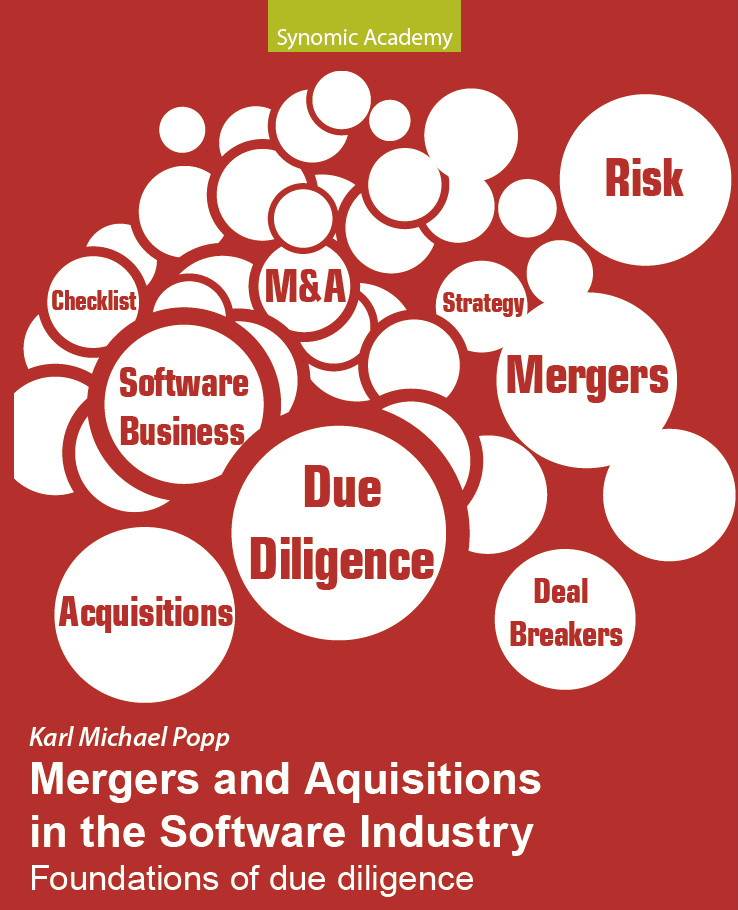Due diligence of AI based products
In today's technological landscape, AI-based products are becoming increasingly prevalent. From personal assistants to advanced algorithms, artificial intelligence is transforming various industries. While these innovations offer immense potential and convenience, it is essential to exercise due diligence when adopting AI-based products.
One of the most critical aspects of due diligence is understanding the underlying technology behind AI. It is crucial to comprehend how the product operates, including the algorithms used, data processing methods, and potential biases. By gaining insights into these mechanisms, users can assess the reliability and ethical implications of AI-based solutions.
Furthermore, evaluating the credibility and reputation of the AI product and its developers is vital. Research the company and its track record in implementing AI technology. Look for any past successes or failures pertaining to AI integration to gain a comprehensive understanding of the product's capabilities.
Considering the potential risks associated with AI, it is essential to verify the security measures in place. AI systems must protect sensitive data and maintain user privacy. Assess the product's data protection protocols, encryption methods, and secure storage practices. Ensuring compliance with relevant regulations, such as GDPR or HIPAA, is also imperative.
Additionally, it is crucial to test the product thoroughly before implementation. Simulate various scenarios to assess the product's performance, accuracy, and reliability. Identify any potential limitations or shortcomings. This process will help determine if the AI-based product is suitable for your specific needs.
Lastly, keep an eye on legal and ethical considerations surrounding AI technology. Stay updated with evolving laws and regulations governing the use of AI-based solutions. Assess the impact of the product on both individuals and society as a whole, considering factors such as bias, fairness, and potential discrimination.
In conclusion, adopting AI-based products requires due diligence to mitigate risks and maximize benefits. Understanding the underlying technology, evaluating credibility, ensuring security, testing thoroughly, and adhering to legal and ethical considerations are vital steps. By conducting proper due diligence, users can make informed decisions and embark on a productive and responsible journey with AI-based products.
Like my thoughts? READ MY NEW BOOK
ORDER AT AMAZON
ORDER IN GERMANY









